Workers recruited to the government’s coronavirus test and trace programme have given testimony to an independent experts’ group that they have received little or no work to do since the scheme was launched last month.
Boris Johnson promised to have a “world beating” programme up and running by the end of May, but sources inside the scheme are reported to have admitted it will not be fully operational until September.
Members of the independent Sage group of scientific experts branded the performance of the centralised system in England “abysmal” and said its apparent failure effectively to deploy its army of 25,000 tracers bolstered the case for a radical restructuring to remove commercial contractors and give the job to local authorities and NHS professionals.
Download the new Independent Premium app
Sharing the full story, not just the headlines
Programme chief Dido Harding has been ordered to provide data on numbers of tests and contacts to the Commons Health Committee by Wednesday, after coming under fire from chair Jeremy Hunt for refusing to reveal the figures while giving evidence last week.
Leaked figures suggested last week that in the first four days of its operation, the test and trace operation was in touch with only around 1,750 known contacts of people who have tested positive for coronavirus to tell them to self-isolate for 14 days.
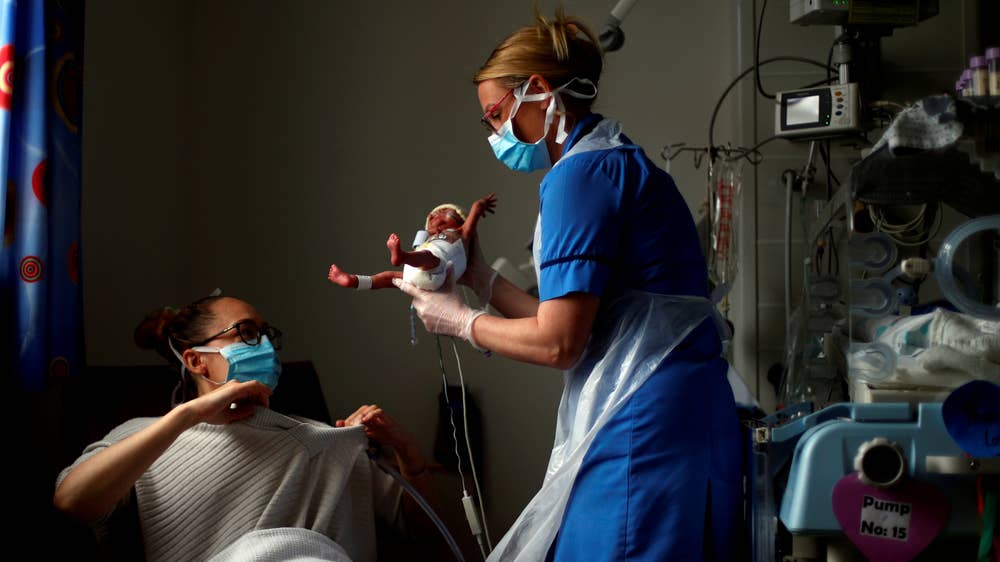
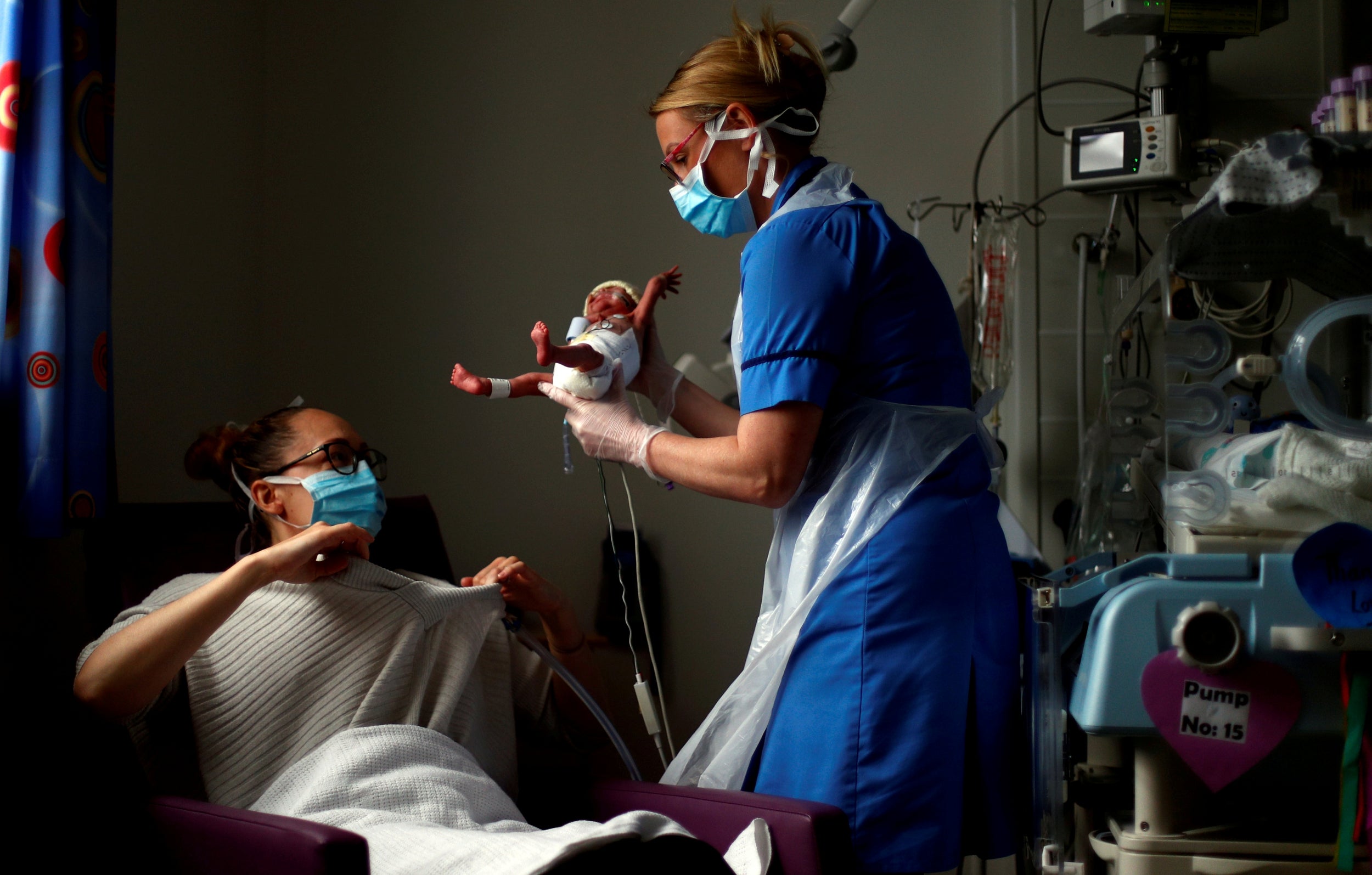
1/12
Photos Reuters
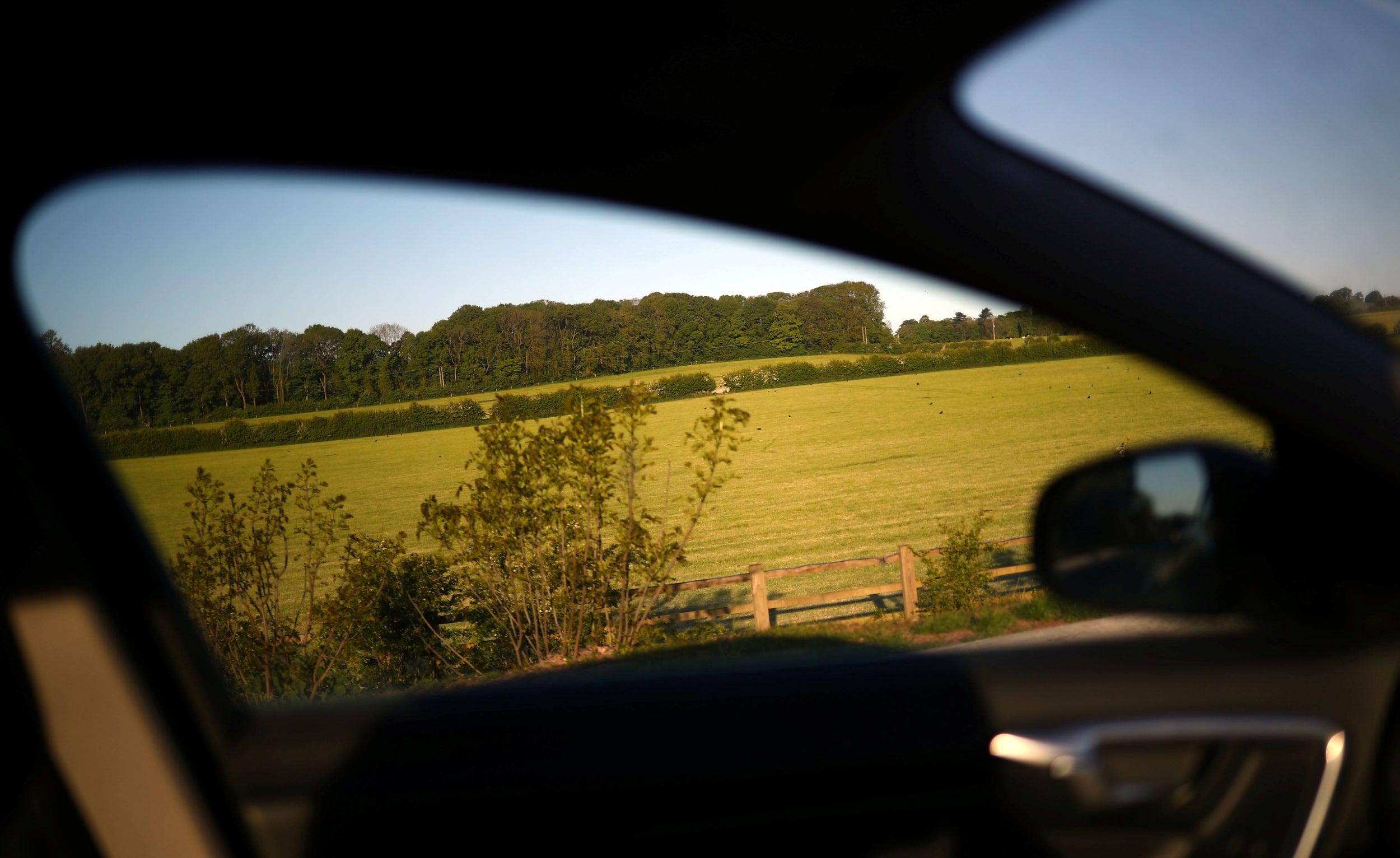
2/12
Reuters
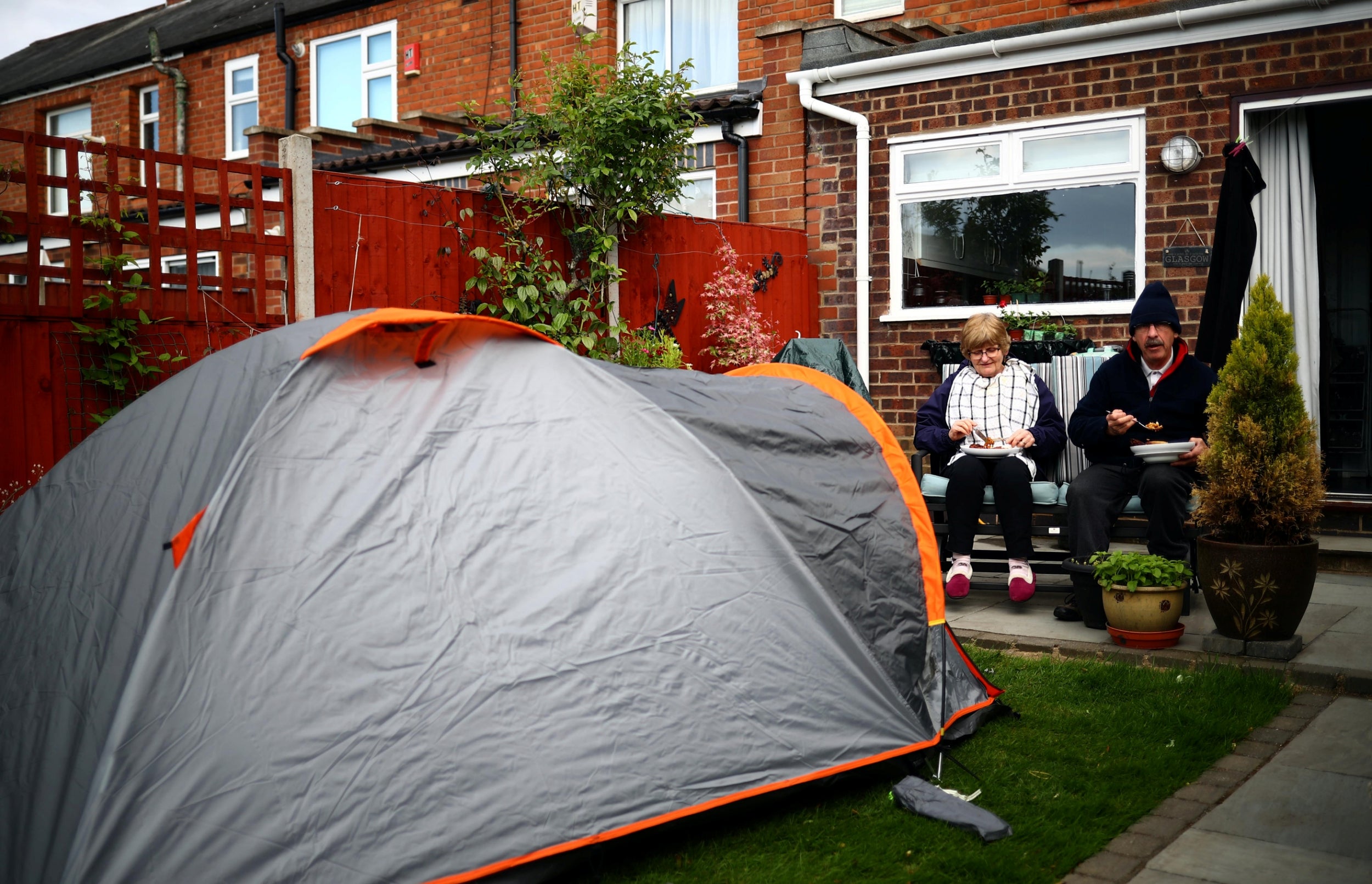
3/12
Reuters
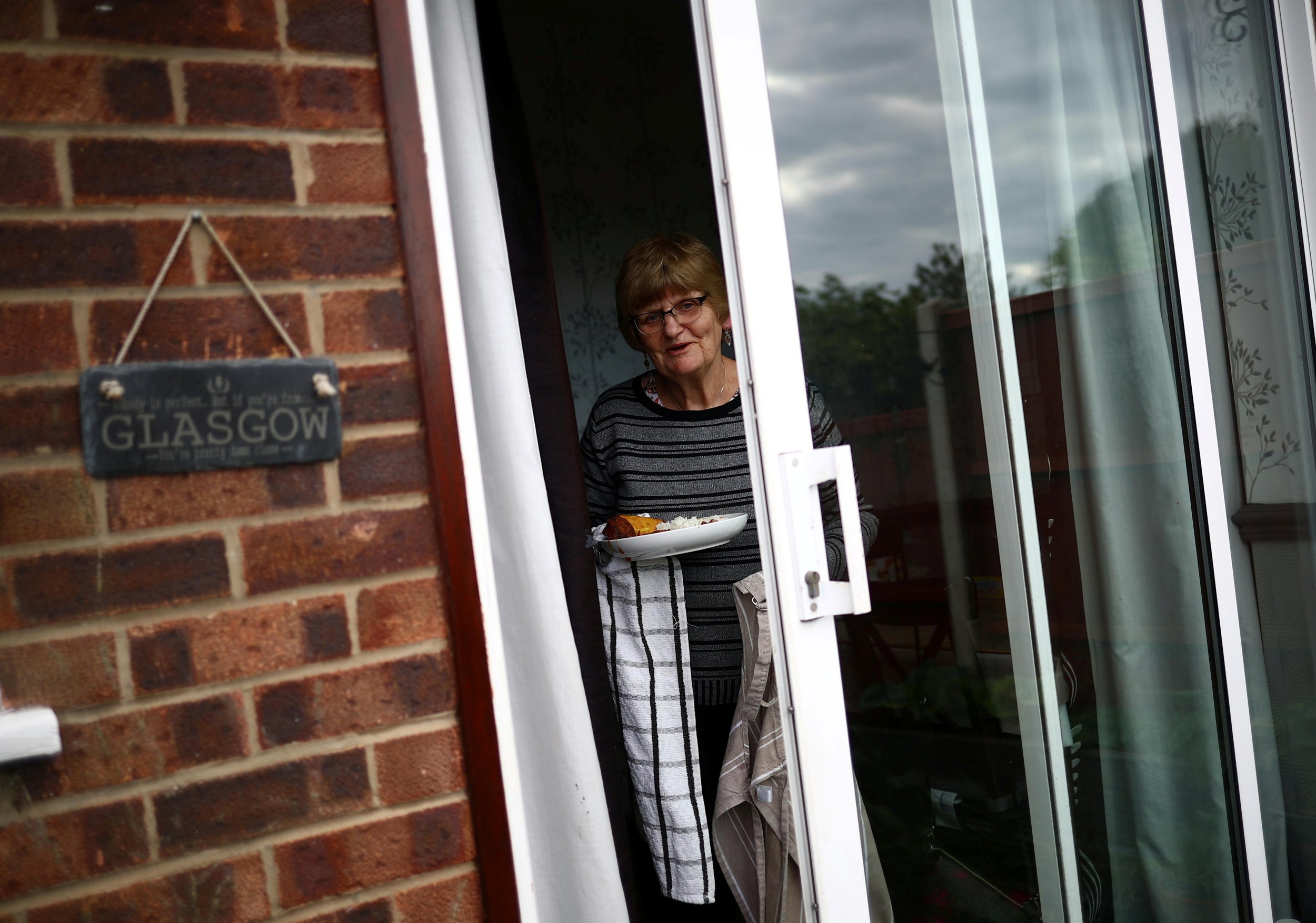
4/12
Reuters
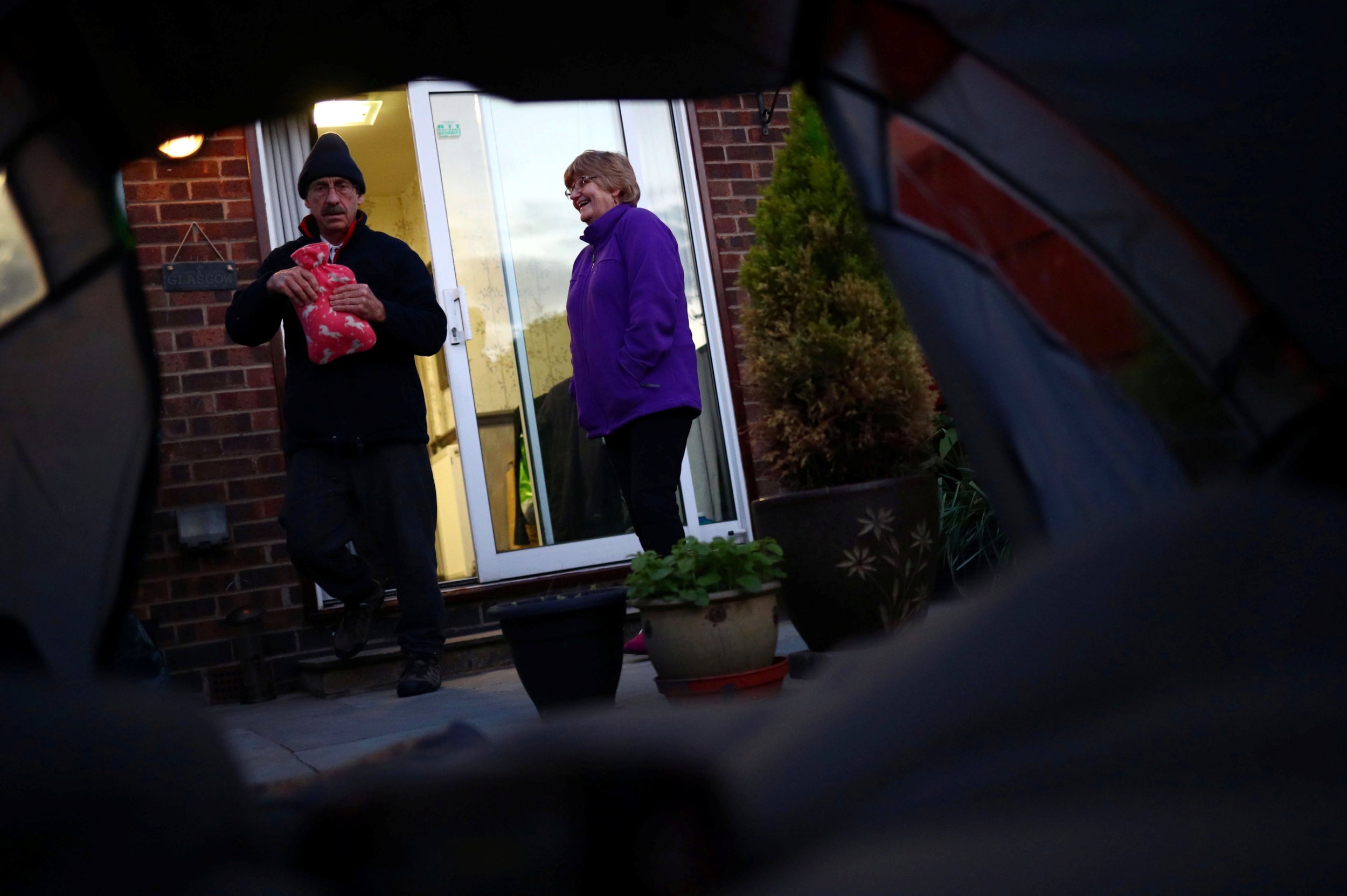
5/12
Reuters
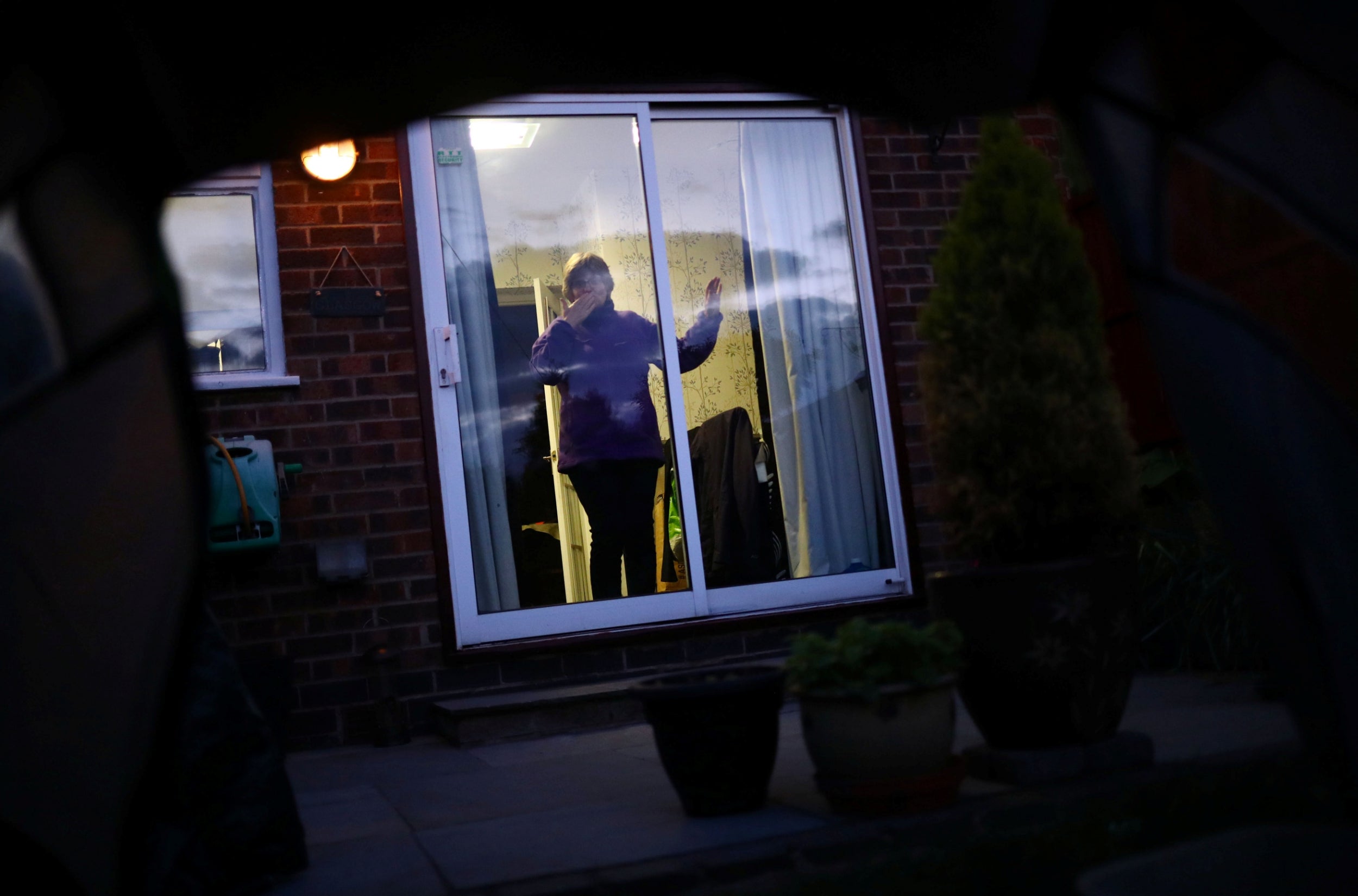
6/12
Reuters

7/12
Reuters
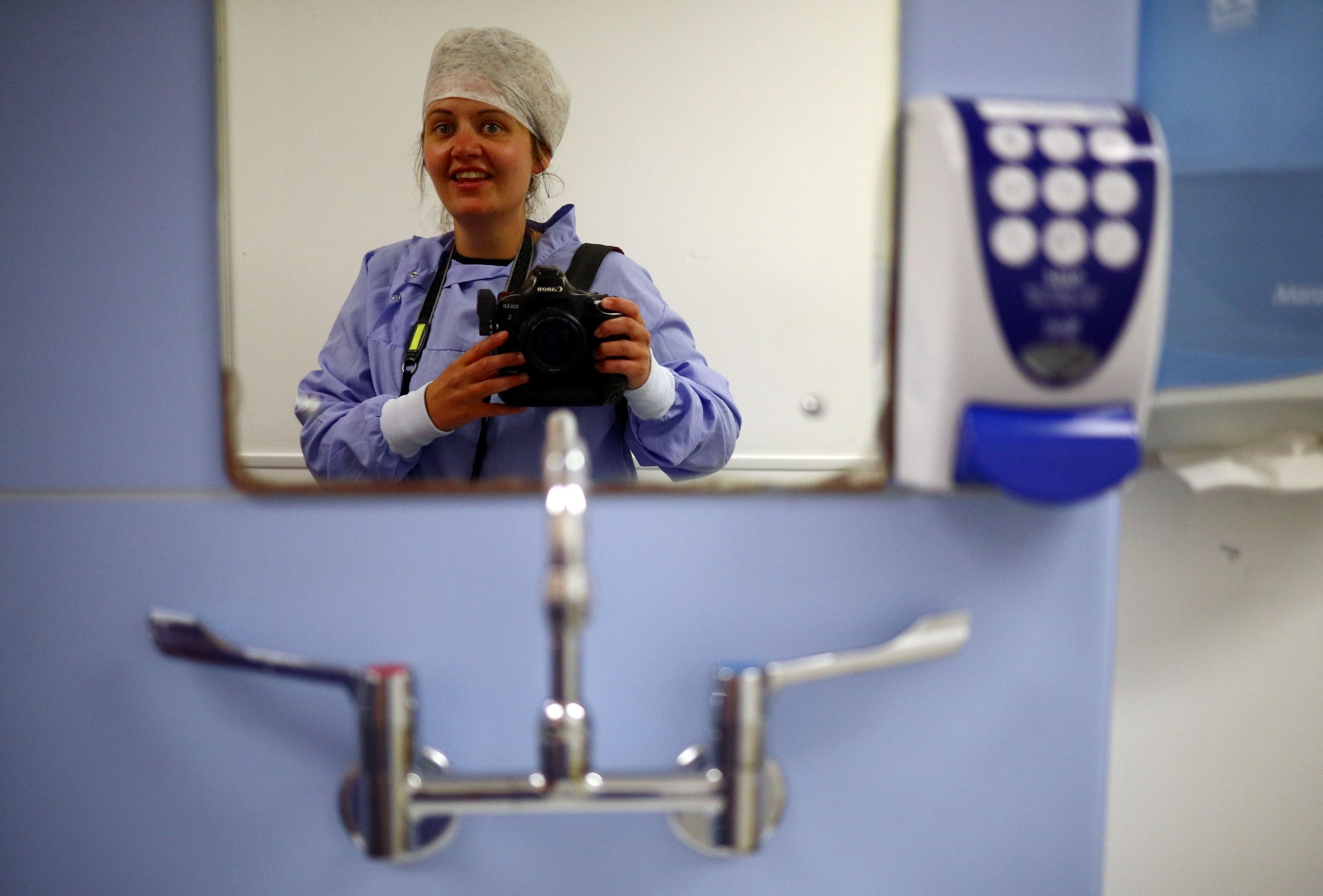
8/12
Reuters
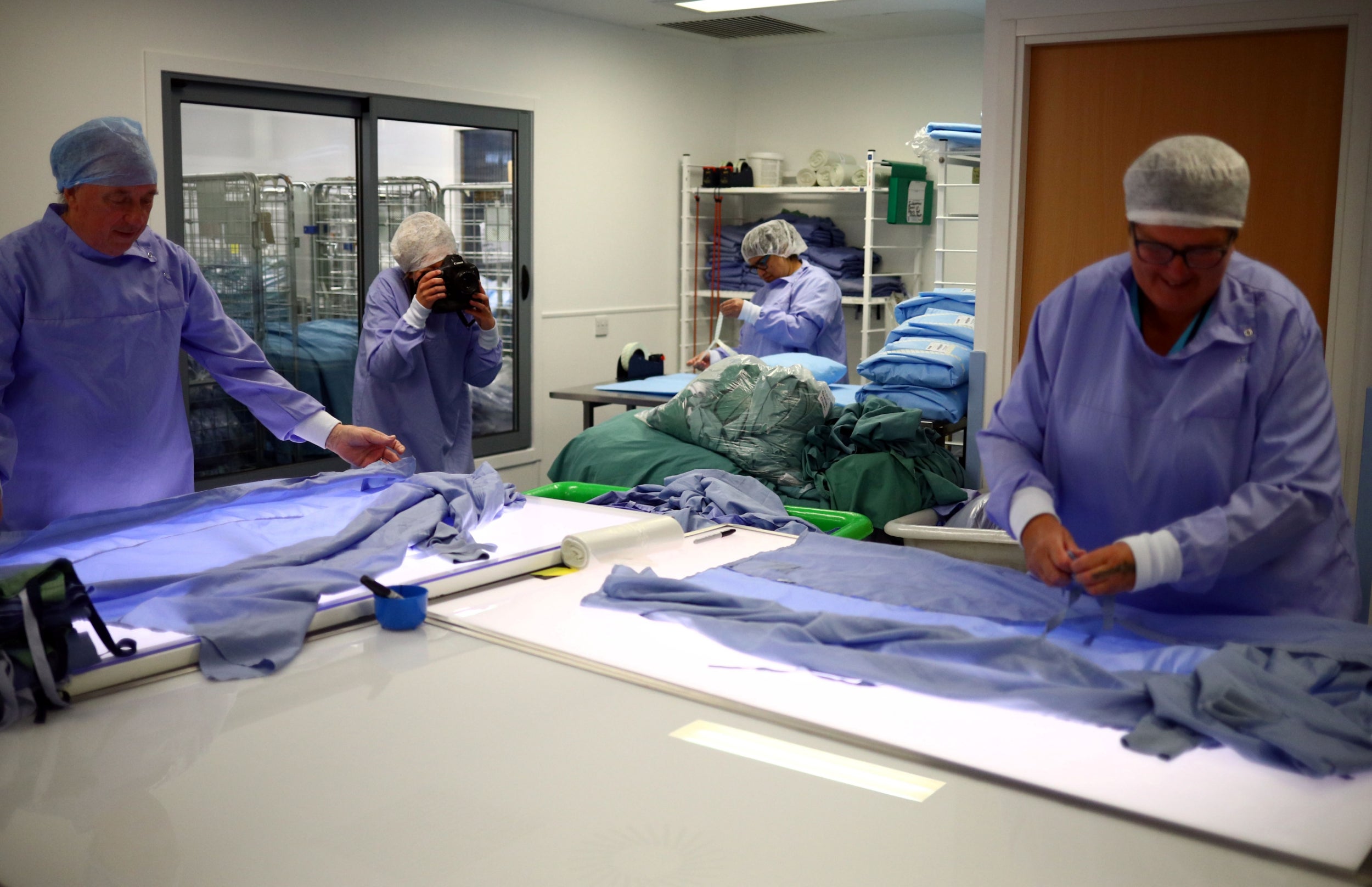
9/12
Reuters
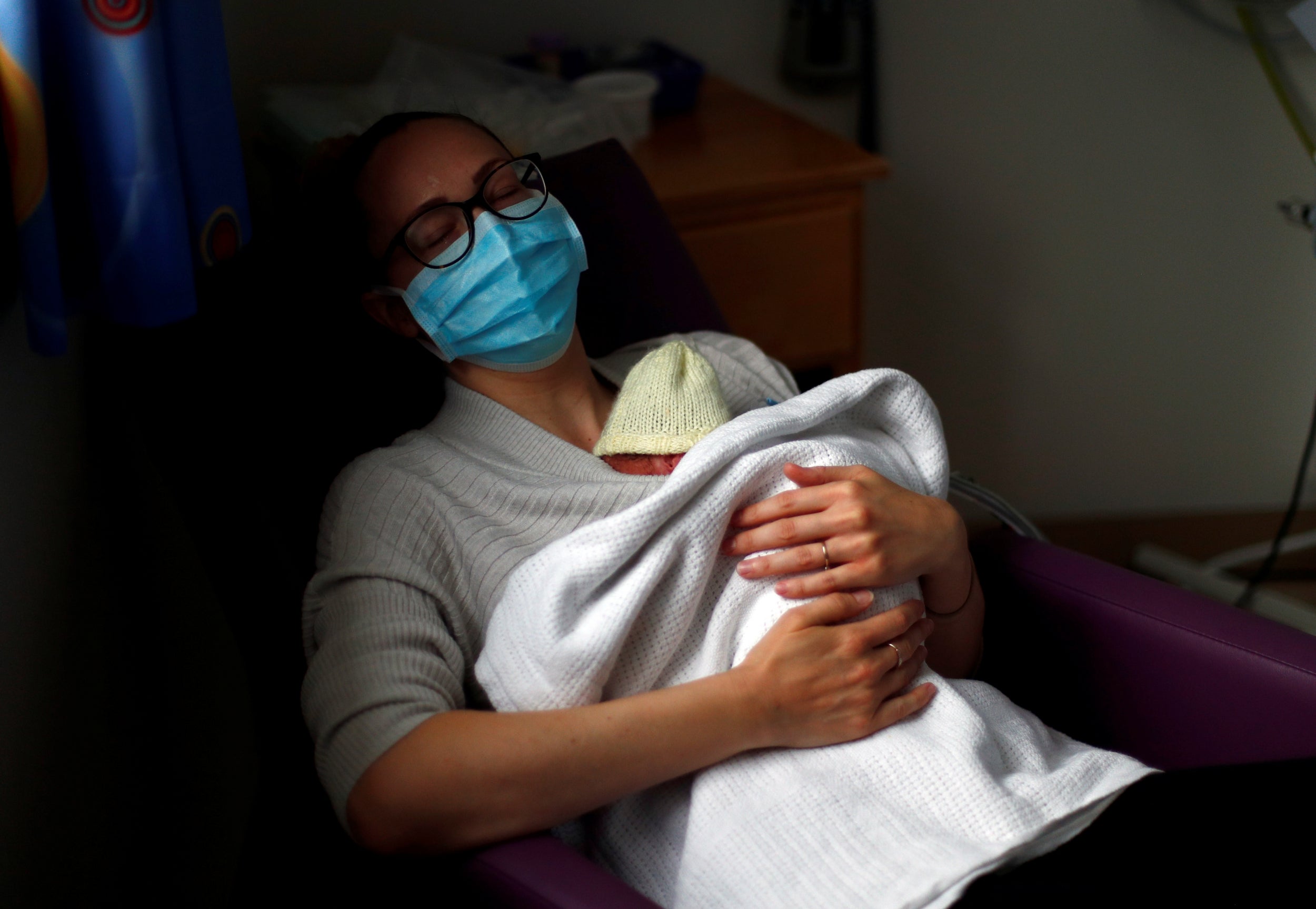
10/12
Reuters
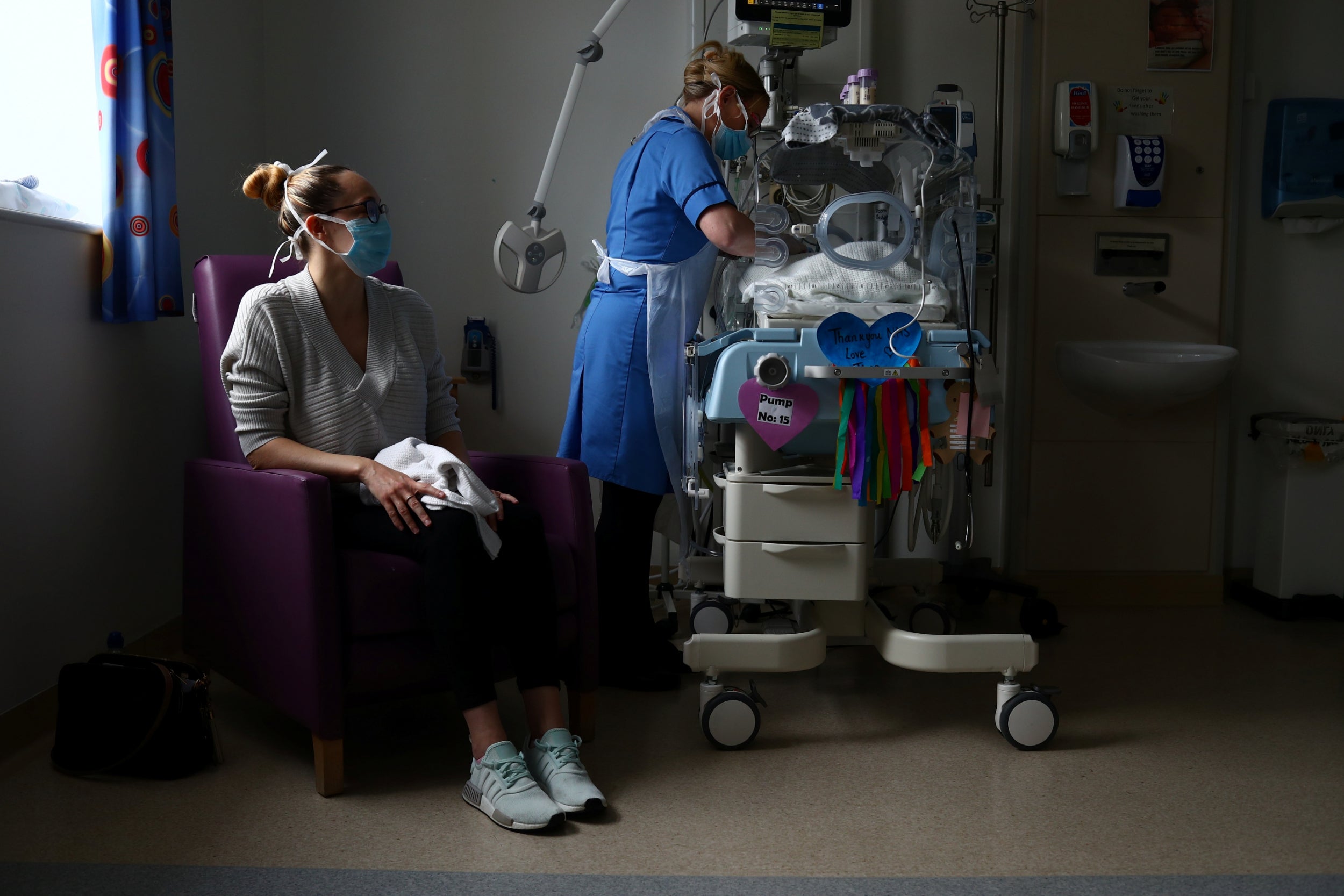
11/12
Reuters
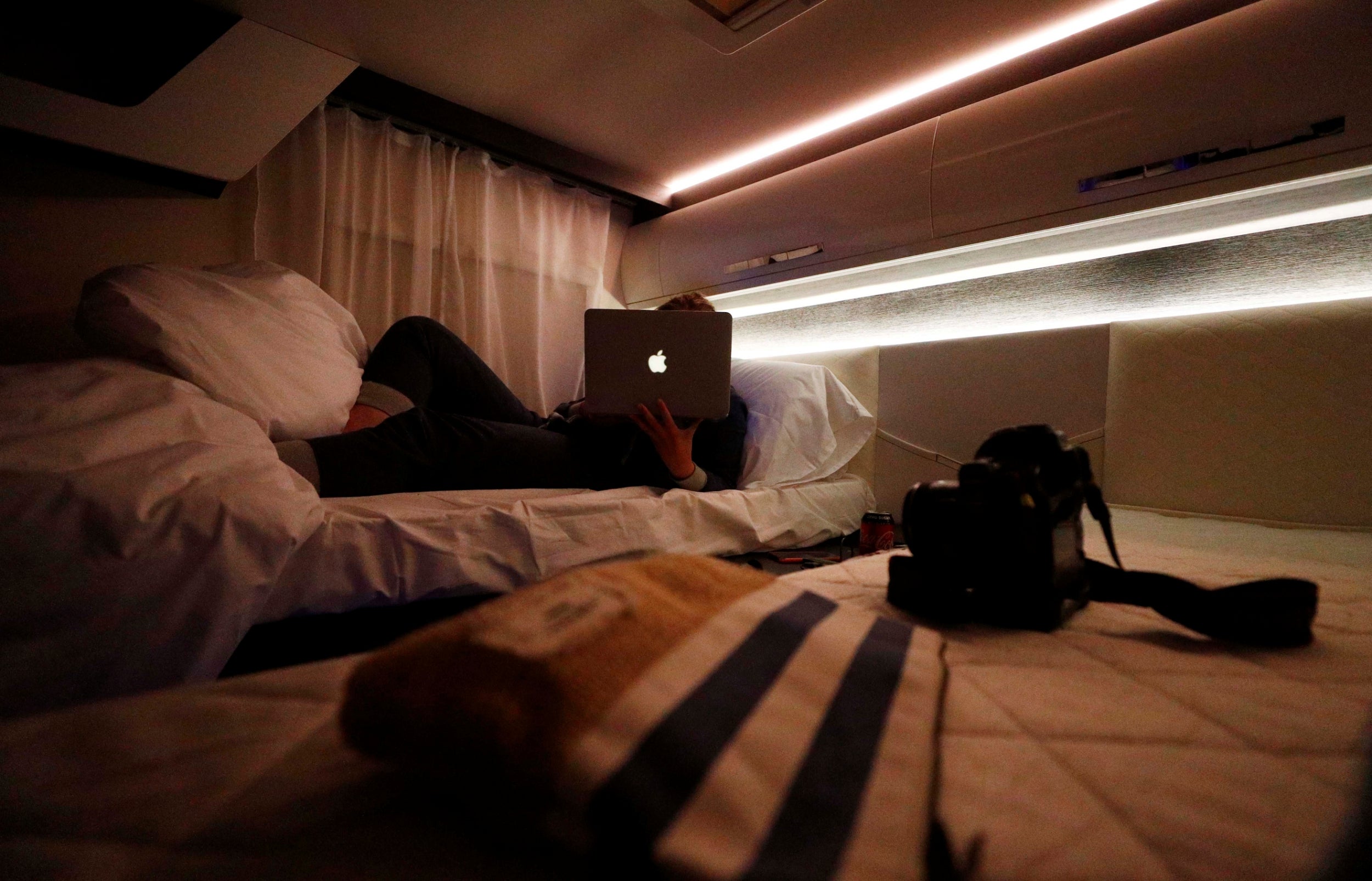
12/12
Reuters

1/12
Photos Reuters

2/12
Reuters

3/12
Reuters

4/12
Reuters

5/12
Reuters

6/12
Reuters

7/12
Reuters

8/12
Reuters

9/12
Reuters

10/12
Reuters

11/12
Reuters

12/12
Reuters
Mr Johnson has been accused of bringing forward the launch of the scheme to distract attention from lockdown breaches by his controversial aide Dominic Cummings.
In written evidence to the independent Sage group, one contact tracer – who asked for his or her name to be withheld – said: “I can say I have received four weeks’ pay now but haven’t been given a single contact to call.
“Out of 200 tracers at my agency, we have had four contacts to call between us in four weeks. There is no data.
“For whatever reason, contact details are not being passed in time to tracers. It’s an absolute scandal.”
Another recruit, also giving evidence anonymously, added: “I was offered a role three weeks ago and am still waiting for a training date to be confirmed.
The latest news on Brexit, politics and beyond direct to your inbox
“I’ve spent approximately £500 on the equipment required, including a laptop and telephone headset.
“I spoke with the recruitment agency today and they are unsure if the role will now be going ahead due to low volumes.”
Sage member Deenan Pillay, professor of virology at University College London, said he felt “incredulity” on hearing that contact tracers were “twiddling their thumbs” when their role was central to the UK’s chances of emerging from the Covid-19 pandemic.
“We estimate that there are 5,000 infections per day at the moment in the UK and on the basis of 10 contacts per person, that would be 50,000 contacts,” said Prof Pillay.
“We appreciate that not all those 5,000 infections are symptomatic, and therefore not all of them will precipitate a test, but even if we cut that by half we should be dealing with at least 25,000 contacts per day, and we are hearing from tracers who are just twiddling their thumbs. It’s abysmal.”
Professor Allyson Pollock, co-director of the Newcastle University Centre for Excellence in Regulatory Science, said that the scale of cases being dealt with was within the capacity of existing local authority public health operations, and said it was “shocking” to see hundreds of millions of pounds instead “squandered” on private contracts.
“The budget for Public Health England for communicable disease control for one year is around £89m,” she said. “The Randox contract for testing that went so disastrously wrong is over £133m for less than a month. We’ve got Serco, which may be up to £90m for contact tracing.
“If the government had reinvested in GP practices, NHS labs and public health … then we would be able to go forward. That’s what needs to happen.”
UCL professor of operational research Christina Pagel said that a major public information campaign was needed to tell anyone with coronavirus symptoms to get themselves tested, even if they do not feel in need of medical assistance and are sitting out the infection at home.
“We are missing the first bit of test and trace,” she said. “Unless you have the tests, you can’t have contact tracing. That’s the big issue for me.”
Former director of the World Health Organisation, Anthony Costello, said the reported numbers of contacts traced in the early days of the programme were “very low”.
“One would have expected it to have gone up by now, but the other thing was that only 2.5 contacts per case were reported,” said Prof Costello.
“So there is a problem there and it will be very interesting to see later this week what data (Baroness Harding) actually releases.”


